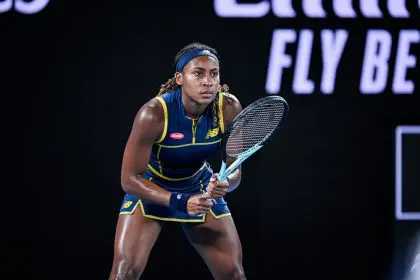 In theory, an intellectual is one whose devotion is directed toward the exercise of intellectual pursuits. Intellectual, a word that stems from the Latin, means one who studies, reflects or speculates.
In theory, an intellectual is one whose devotion is directed toward the exercise of intellectual pursuits. Intellectual, a word that stems from the Latin, means one who studies, reflects or speculates.
African American culture is replete with a history of scholars and intellectuals. These include the self-taught astronomer and mathematician Benjamin Banneker, Frederick Douglass, George Washington Carver, Carter G. Woodson, Paul Robeson and W.E.B. Du Bois. Recent history includes many from the ranks of the Black Panther Party for Self-Defense, Benjamin E. Mays, Malcolm X, Martin Luther King Jr., Ivan Van Sertima and Cheikh Anta Diop.
Since the latter group, there has been a major drop off. As a scientist and professor at Emory University, it was rare that I would see others that indulged in academia to the extent of conducting research that focused specifically on African Americans, especially in my area of behavioral epidemiology and disease. However, the few that do exist often go unnoticed in the eyes of the masses.
Today there are many African Americans who claim to be intellectuals, but they are really pseudo intellectuals who think of themselves as better than the people in the communities from which they come. They promote themselves more than the needs of others. Harold Cruse first noted this in his 1967 treatise “The Crisis of the Negro Intellectual.”
His premise is that most African American intellectuals are from the middle-class, which often functions to separate it from its historical mission — helping African Americans as a collective rather than individuals. Since Africans in America have had limited control over their political and economic lives, we should develop our own intellectual standards. However, this has not been the case with individuals such as Tavis Smiley, Dr. Michael Eric Dyson, Shelby Steele, Henry Louis Gates Jr., Niger Innis, Jeff Johnson and many others.
These individuals represent a small corpus of media and self-proclaimed “experts” and “specialists” on African American culture and consequently Representatives of the people. They proclaim via rhetorical and pedantic proclamations to understand every issue regarding race and culture, even if it has to be manipulated to match the audience they are addressing.
In many instances, the key of discussion is premised on issues associated with racial injustice under the guise of social, political and economic equality. I guess this is why they are paraded on the media so frequently since most such oral dissertations are polemic and aggressive refutation of the opinions of another and not rooted on causation.
The African American intellectual is a dying breed and what is often passed off as representatives of this group are merely polemics that claim to advance the philosophies engendered during the Civil Rights Movement, while their singular goal differs extremely from the views of Martin L. King Jr. or Malcolm X. Unlike these and the aforementioned men, they are disingenuous centrists who favor individual vanity, fame and success over the well-being of the larger corpus of African Americans who bear the brunt of all forms of injustice in the United States today.
–torrance stephens, ph.d.
For more with Dr. Stephens, visit twitter.com/rawdawgbuffalo and rawdawgb.blogspot.com.










